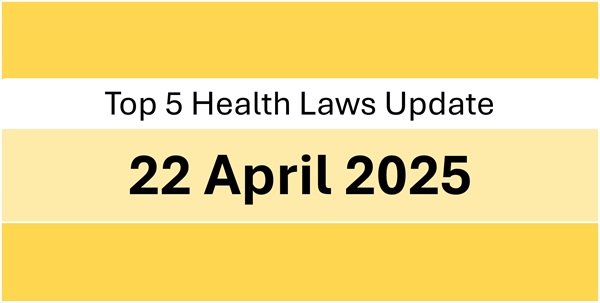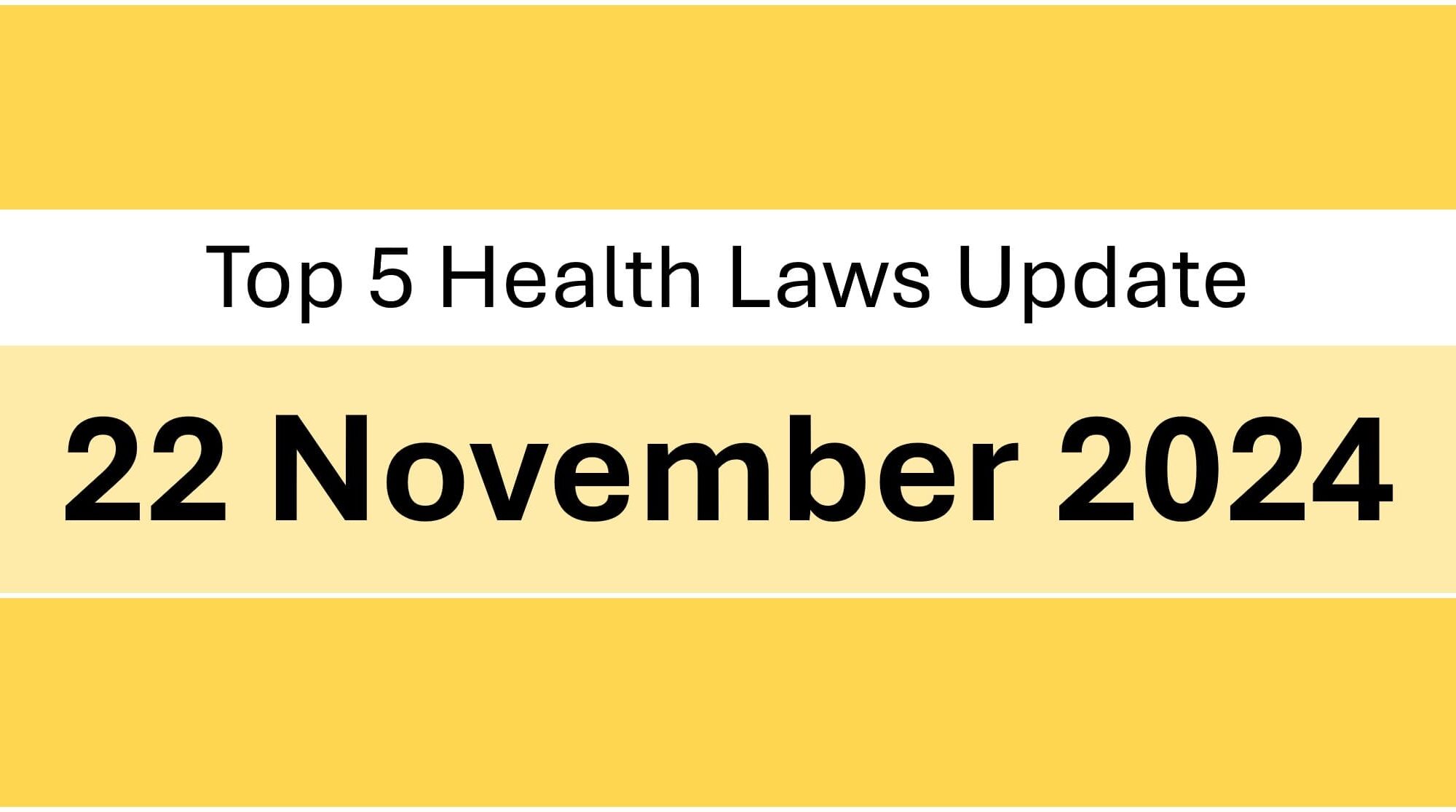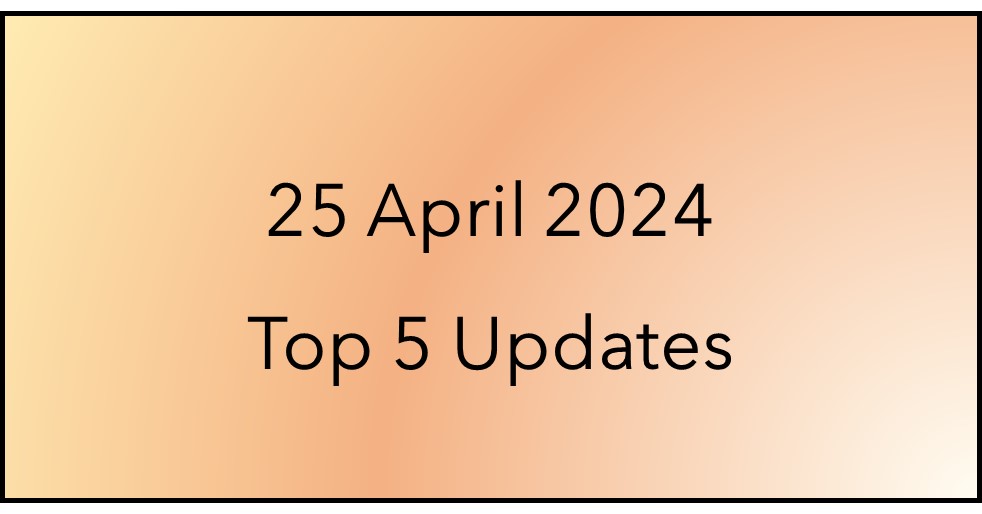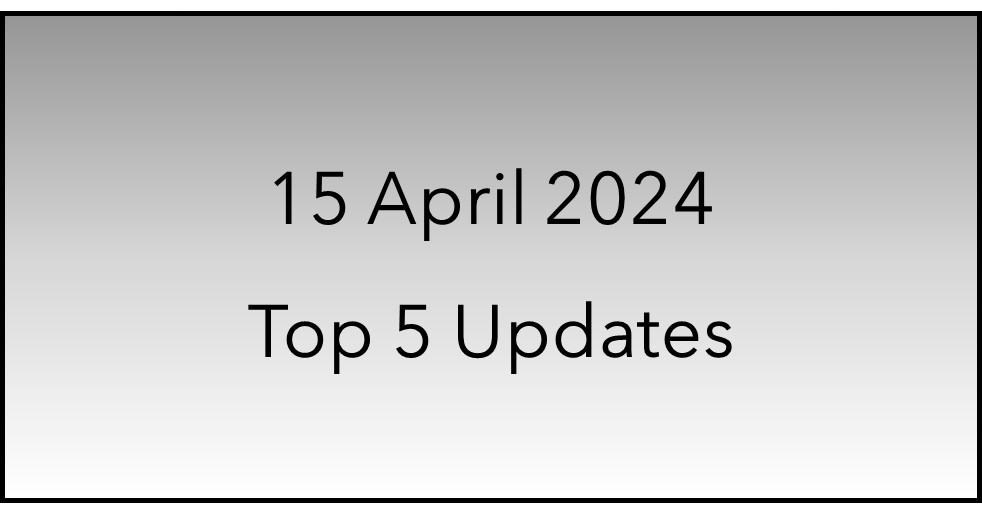Dear Readers, we are happy to share the most interesting legal and policy updates concerning health industry that we read today. we hope you enjoy reading it.
1. The Indian Pharmaceutical Association has reportedly urged the Drug Controller General of India to clarify the notification restricting anti-cold drug combinations for children under four. Guidance on handling of existing stocks and if pharmacies can dispense these drugs without the warning on label.
Source: bit.ly/3Gmnq0o
2. Several electronics companies have approached the Delhi High Court challenging the decision of Government to fix a floor price payable to E-waste recyclers. They argue that the mandatory payments are excessively high and will significantly increase business costs. Companies contend that the Government should let market forces determine the prices.
Source: bit.ly/3GlYTZt
3. Australia’s Therapeutic Goods Administration is seeking public feedback on a proposal to expand access of psilocybin (magic mushrooms) to terminally ill patients for existential distress, currently it is approved for treatment-resistant depression.
Source: bit.ly/42mBmA7
4. India’s drug technical advisory board is reviewing a proposal to waive the loan license requirement for medical device sterilization. If approved, manufacturers with valid licenses (Form MD-3/4 or MD-9/10) could use licensed sterilization facilities (Form MD-3 or MD-9) without separate approval.
Source: bit.ly/4cHcirb
5. The Ministry of Environment Forest and Climate Change has proposed draft rules under the Carbon Credit Trading Scheme, 2023, setting greenhouse gas emission intensity targets for industries. Public feedback is invited within 60 days. Suggestions can be sent to the Ministry via email.
Source: bit.ly/42IUtU3




